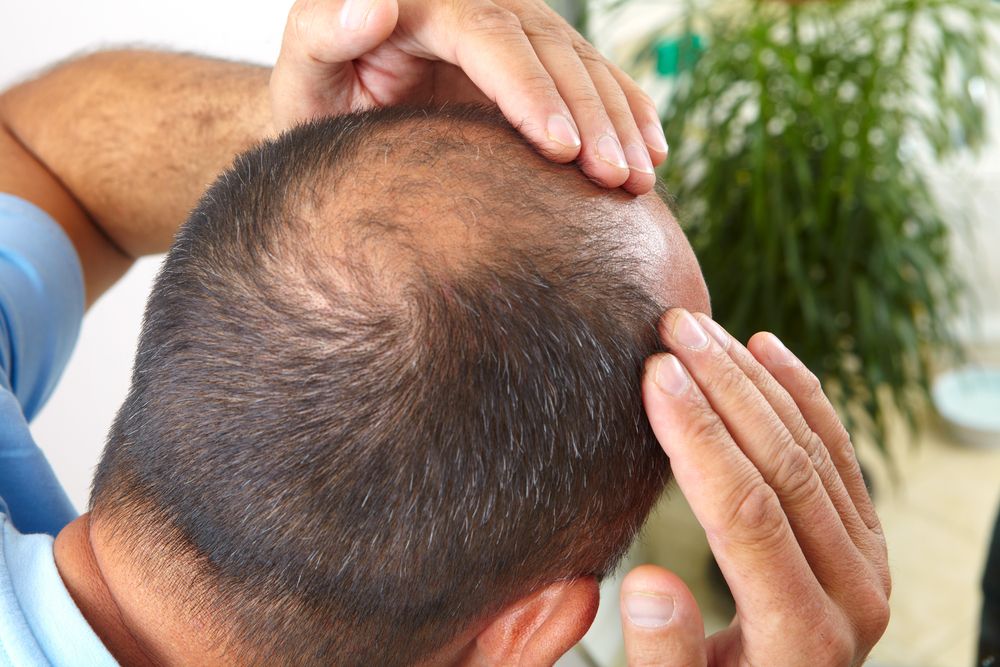Hair Transplant Side Effects Timeline
 At True & Dorin Medical Group, our doctors offer a number of hair loss treatments to restore volume to the scalp and hairline. One of the most popular treatments is hair transplant surgery. During a hair transplant procedure, hair follicles are removed from a donor site and transferred to areas where hair is thinning or has been lost.
At True & Dorin Medical Group, our doctors offer a number of hair loss treatments to restore volume to the scalp and hairline. One of the most popular treatments is hair transplant surgery. During a hair transplant procedure, hair follicles are removed from a donor site and transferred to areas where hair is thinning or has been lost.
As a surgical procedure, hair transplant treatment will result in side effects. Our doctors believe it is important for our New York patients to have a good understanding of what to expect regarding the typical hair transplant side effects timeline prior to undergoing treatment.
First Week of Recovery
Hair transplant side effects will be most apparent during the first week of recovery, especially in the first several days after treatment. Side effects that are likely to develop during this initial phase of recovery include:
- Mild inflammation along the scalp and forehead
- Small scabs or blood clots at incision sites
- A red or pink appearance of the skin on the scalp
- A tight or itchy sensation on the scalp
Most hair transplant side effects tend to be pretty mild. They should resolve fairly quickly as well. By the end of the first week of recovery, inflammation should have gone down, blood clots or scabs will likely have fallen off, and the skin should look and feel close to its condition prior to surgery.
Two to Four Weeks after Treatment
By the time a patient is two to four weeks past the initial hair transplant procedure, all of the initial side effects should have resolved. However, at this time, patients are likely to experience a new side effect: hair loss.
This phase of recovery, which usually hits around three weeks after treatment, is known as the temporary dormant phase. During this time, transplanted hair will begin to fall out. It can be upsetting for our patients to see freshly transplanted hair lost, but this is a completely normal part of the healing process. Patients can rest assured that hair follicles remain in place, and new growth will begin with time.
One to Two Months after Surgery
Within a month or two after hair transplant treatment, our New York patients should be feeling great, and they should no longer be experiencing hair loss. Instead, they should start to see new growth during this phase of recovery. This is an exciting time for many hair transplant patients, but it is important not to have unrealistic results for hair growth.
Initially, hair growth will be slow. It is common for hair to grow in thin and unevenly. The skin at the transplant site may also appear to have red bumps at this time, almost like acne. This is a temporary condition that is caused by new hairs trying to work their way through the scalp.
Over the next several months, incoming hair will thicken and hair growth will even out. It can take a full year for the full effects of surgery to settle in, but between six and 10 months after treatment, most patients notice a huge improvement in the length and thickness of their hair.
Contact Us
If you have experienced hair loss, you may be an ideal candidate for hair transplant treatment, or one of the other hair loss treatments offered at True & Dorin. To learn more about our services, contact us at your earliest convenience, or call us in New York at (866) 629-5696 to schedule a personal consultation.


